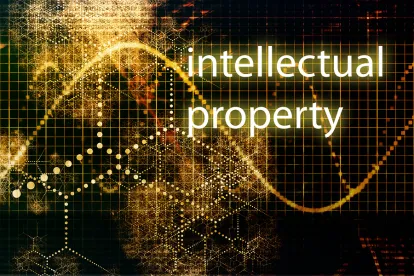Senators Thom Tillis (R-N.C.) and Chris Coons (D-Del.) released a plan to revise Section 101 of Title 35 of the U.S. Code relating to U.S. patent law, reports Alexis Kramer of Bloomberg Law. As reported by Ms. Kramer, the senators (the chairman and a ranking member respectively of the Senate Judiciary Subcommittee on Intellectual Property) have been meeting with industry representatives since December of 2018 to discuss how to redefine patent-eligible subject matter under U.S. patent law.
A draft outline of the proposed 101 reform also was published by Bloomberg Law. The most notable proposed change is to eliminate that any invention be both “new” and “useful.” Rather, the new law would only require that the claimed invention meet existing statutory utility requirements. The new law also would statutorily abrogate judicially created exceptions to patent-eligible subject matter in favor of exclusive categories of ineligible subject matter. Proposed excluded categories include:
- Fundamental scientific principles;
- Products that exist solely and exclusively in nature;
- Pure mathematical formulas;
- Economic or commercial principles;
- Mental activities.
A practical application test would be implemented to ensure that the statutorily ineligible subject matter be narrowly construed. In addition, the law would make clear that the claim as a whole would be considered to determine patent-eligibility and without regard to statutory categories of novelty, nonobviousness, enablement, and written description.
Ms. Kramer also reported that Representatives Doug Collins (R-Ga.), Hank Johnson (D.-Ga), and Steve Strivers (R-Ohio) introduced a companion framework in the House.
A Careful, Cautious Watch
Of course, the life science industry and much of the patent bar has been looking for congressional intervention in light of growing number of and somewhat inconsistent judicial decisions regarding the eligibility of claims that use or apply a judicially created exception to patentable subject matter (products or laws of nature and mental processes). Of note is that under the proposed framework, medical diagnostics do not appear to be within an excluded category, and thus companion and other medical diagnostic methods may again be patent-eligible, provided they are not categorized as ineligible “fundamental scientific principles.”
Surely, the proposed framework is a step in the right direction, with the caveat that the language of any new statute be inclusive and flexible, to allow for the commercialization of inventions that are beyond our current scope of imagination.




 />i
/>i

